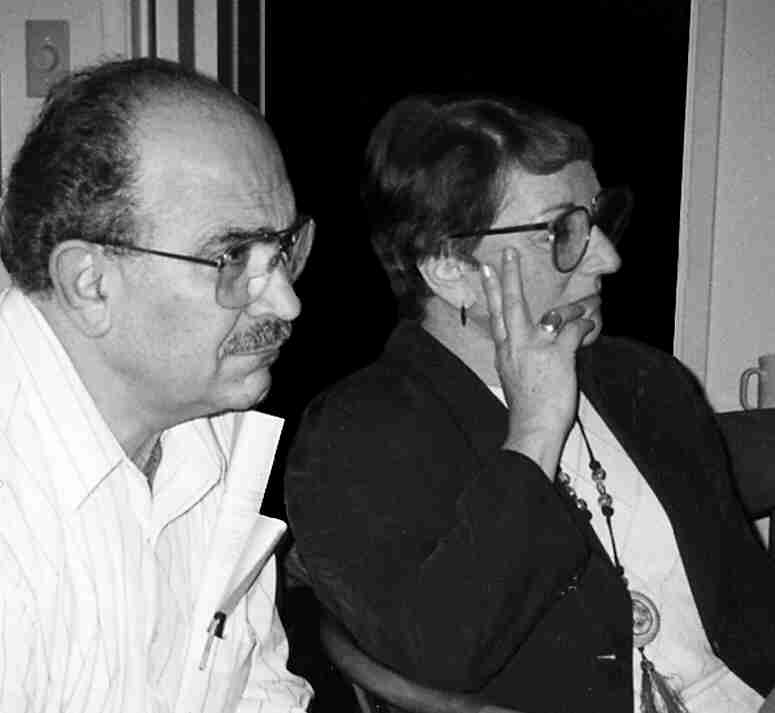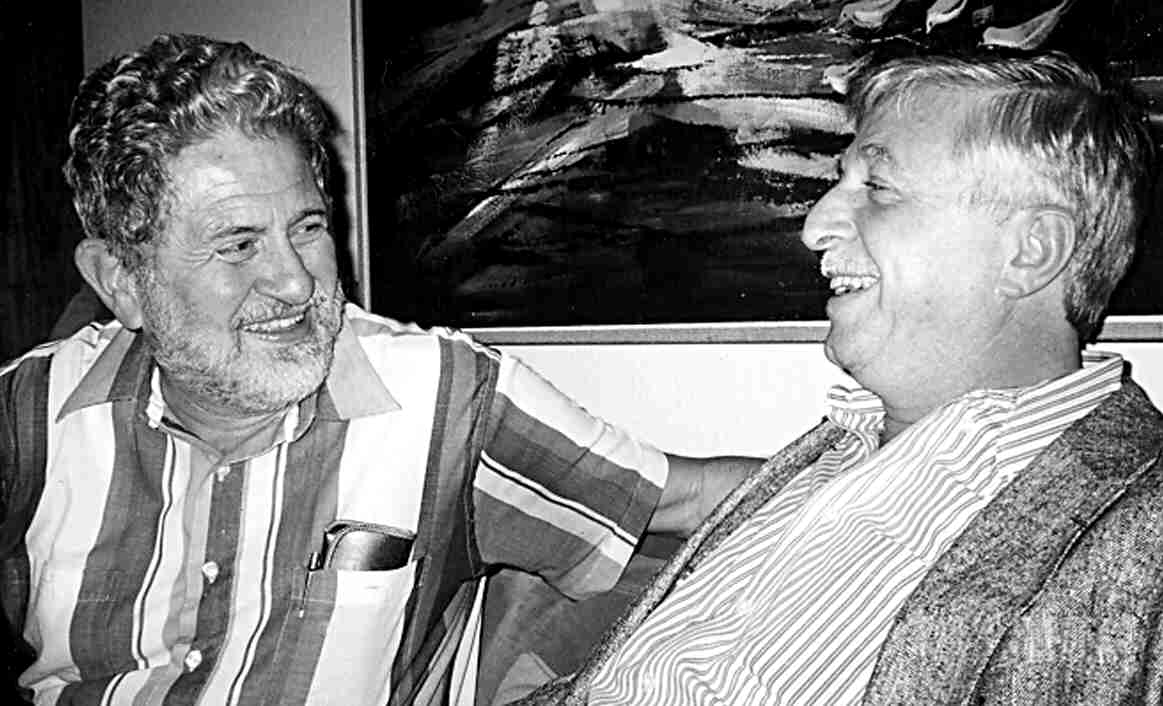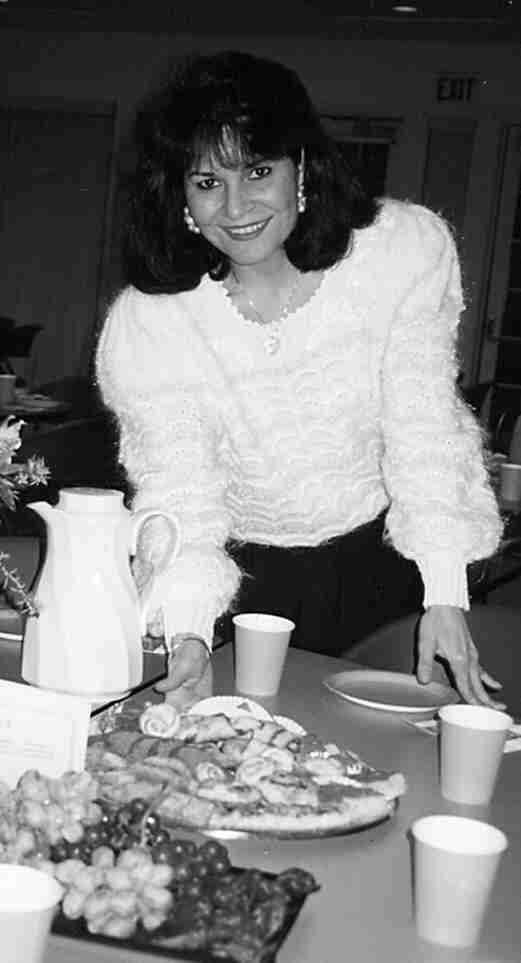

The initial meetings were not easy. Some of the early participants left in frustration over the slow going or because they were not willing to listen to people from whom they had long been alienated. A few left because of outside pressures from friends or business acquaintances who felt that engaging in such a dialogue was a form of betrayal. But in six months, as part of the larger public peace process, a core group of a dozen Jews and Palestinians was fully engaged in the dialogue process. Today, the group has grown to ten Palestinians and ten Jews, along with ten "others" who have proved essential by providing a neutral and stabilizing element.
"I felt like giving up a few times," said Libby, one of the "others," who, with husband Len, a Jew, and fellow Foundation for Global Community member Carol Kittermaster, got the group started. "It was harder to get the Palestinians involved, but we just hung in there. We kept after key people, saying, 'We really need you. You can make a difference. 'And one night a whole group of Palestinians came; that was a turning point."
Though there is no lack of emotion when the group meets, there is always a feeling of mutual respect, even friendship. As one Jewish member, Don Stone, said: "I've never known any Palestinians first hand. Normally we just don't associate with each other. I had not appreciated their humanness nor how like us they are. We share many of the same values; we're very similar in many ways." Henriette Zarour, a Palestinian, remembers thinking: "How am I going to sit with the enemy in the same room? It was very tense, but after a few sessions, we got to know each other, and now we're like family. I open my heart." Several of the wives, including Henriette, were quiet in the early days, but now speak out forcibly, not only in their living room meetings, but in public events as well.
The dialogue group has explored Islam and what it's like to be a Muslim, lit Hanukkah candles in a Palestinian home, attended synagogue together, and placed a display of Palestinian art in a local temple. But the principal focus has been on how best to contribute to the Palestinian-Israeli peace process. To make any headway, members had first to confront their stereotypes of each other. The key was the dialogue process the group agreed to follow, which requires setting aside one's own judgments and opinions in order to seriously take in what the other is saying.
People spoke from their own experience about what it's like to live under oppression, and the need to live in a safe place. They talked about articles they had read, news events, what they believed and why. And they had insights: "Is that how you see us? Do you mean all your people feel like this?" But perhaps the largest single insight came even before the group started when the Traubmans made a presentation to a local audience about a trip they had made to the Middle East. At the end of the evening, a Palestinian rose and heatedly objected that the presentation was pro-Israeli, only to be countered by a Jew who claimed it was pro-Palestinian. "It is in the eye of the beholder," observed a member of the audience who decided then and there to join the dialogue group: "You hear what you want to hear."
A high point of the group's work together was a joint letter written to 90 leaders in the Middle East and U.S. about the need for the peace process to continue. The final wording of the letter was agreed upon only after some heated discussion, but in the end it was signed by every group member but one, who said, "You can send it without my signature; it's OK."
"The responses to the letter got everyone excited," said Libby Traubman. "It energized them, and it also helped establish the group's credibility."
In another action, the group last year raised $21,000 in cash and medical equipment to give to two hospitals, one in the Gaza Strip and another in western Jerusalem. This year they plan to raise funds for the specific needs of two nursery schools, one teaching Palestinians, the other Israelis; everything they do is done equally.
When asked what's next for the group, they insist that disbanding is not an option. "We like each other too well," one explained, "and we want to be a model; it's essential that people know it's possible to overcome prejudice and work together."
- Mac Lawrence
 |  |
| Palestinian and Jew -- Elias Botto and Hilde Gattman -- sit side-by-side during serious discussion in the dialogue group. | Don Stone, a Jew, and Adham Salem, a Palestinian, share a lighter moment. |
 | As their first joint outreach activity, the Jewish-Palestinian Living Room Dialogue Group hosted 60 people at a formal evening presentation/dessert, sharing their success at working together, and demonstrating hope for a peaceful outcome in the Middle East. Talks by dialogue group participants were followed by discussions at each table and an invitation to attend a similar group. Here, Henriette Zarour contributes a Palestinian dessert to a table laden with Jewish and Palestinian delicacies. |